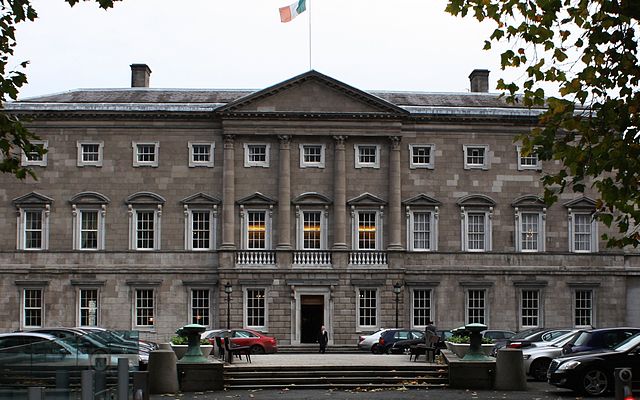The leaders of Irish universities will be lobbying to ensure that Northern Irish students are not subjected to higher, international-level fees, as negotiations begin over the UK’s exit from the EU.
In an interview with The University Times, Ned Costello, Chief Executive of the Irish Universities Association (IUA), which represents all seven Irish universities, said that the organisation would “certainly try and at least achieve” lower fees for Northern Irish students studying in Irish universities.
While acknowledging that the negotiations are ongoing, Costello said IUA would “try and influence as best we can”. The head of each of the seven Irish universities sits on the IUA council alongside Costello. Their role is to advocate on behalf of the universities and lobby the government on issues related to higher education.
As the UK prepares to leave the EU, the Irish higher education sector is preparing for the challenges and opportunities involved in Brexit. Last month, Costello appeared before the Oireachtas Committee on Education and Skills to address the issue of Brexit and the possible implications it might have for the educational system. Speaking at the joint committee, he called for “a system in which we address the systemic funding issues” and increased “flexibility on the staffing and regulation side”.
Trinity has established a Brexit taskforce to ensure that the College is prepared for the possible challenges and opportunities presented by the UK leaving the EU. The committee consists of senior members of the College staff, including Provost Patrick Prendergast; Juliette Hussey, the Vice-President for Global Relations; and John Boland, Trinity’s Dean of Research. Trinity College Dublin Students’ Union (TCDSU) President, Kieran McNulty, is also a member of the taskforce.
Prendergast has repeatedly stated his desire to increase the number of Northern Irish students in Trinity, calling for the College to be a “university for the whole island of Ireland”. Speaking to The University Times last month, Trinity’s Director of Public Affairs and Communications, and member of the College’s Brexit taskforce, Tom Molloy, said it was important to him that Northern Irish students would be treated differently from international students. At the very least, he would hope that Trinity would “continue encouraging students from the North to be treated like students from the South”.
University College Cork (UCC) has also convened a group to evaluate the impact of Brexit. In an email statement to The University Times, Dr Christopher Brown, Director International at UCC, described Brexit as “both a threat and an opportunity for UCC”. He was confident, however, “that interest levels in UCC degree programmes generally have risen” due to the UK’s decision to leave the EU and the uncertainty this creates.
“We absolutely want and absolutely will strive for a situation where there continues to be healthy student flows between both north/south and east/west”, he added.







